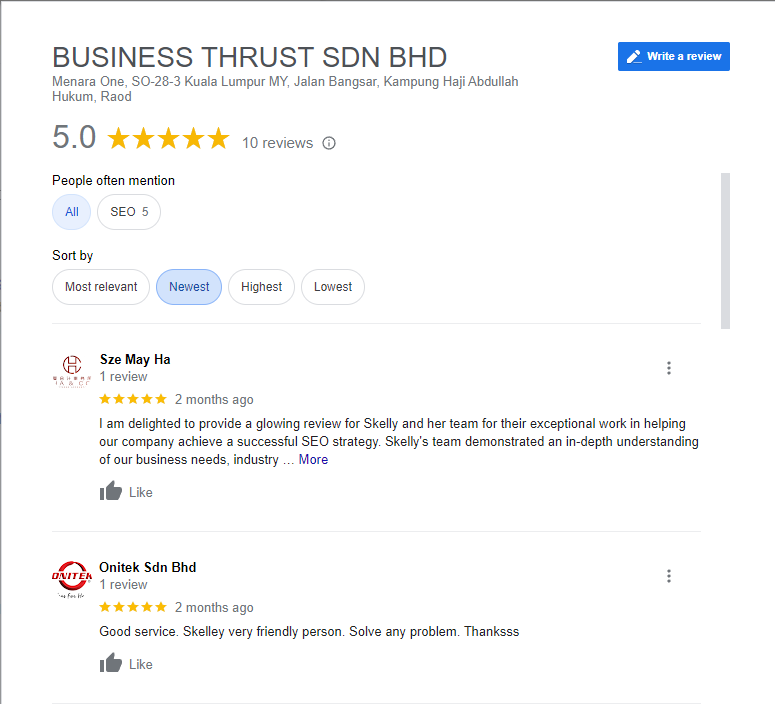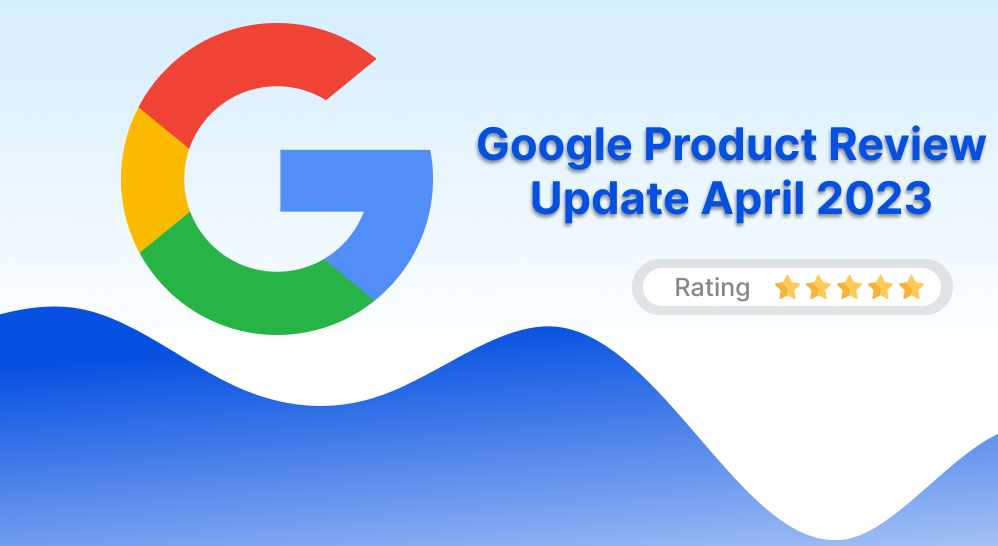Google has announced that the April 2023 Product Review Update is now complete. This update, which was announced on April 12, 2023, has officially finished its 13-day rollout.
Update on February 2023 reviews. As a reminder, the April 2023 reviews update began rolling out on April 12 at about 12 p.m. ET. This update took 13 days to become available after it was announced. According to Google, the upgrade began on April 12 and will remain through April 25, 2023.
The reviewing of reviews on any topic that can be assessed as part of this update expands upon Google’s previous product review updates, including:
- Businesses and Services
- Destinations
- Media
Google has renamed its “product reviews system” to “reviews system,” and the language used in many parts of its product review guidance documentation has been revised to apply to all forms of reviews.
Why Should We Care About This Update?
If your website provides general review information, you should check your rankings to determine if you have been impacted. Did your Google organic traffic go up, down, or stay the same?
In the long run, you’ll want to put a lot more detail and work into your review content. Make it distinct from the competition on the internet.
New Guidance Added by the Google
The Product Review Update is designed to evaluate articles, blog posts, pages, or other similar first-party independent content created to make a suggestion, express an opinion, or provide analysis. It does not evaluate reviews submitted by third parties, such as those found on a product or service page’s reviews section. Reviews can be about a single item, a comparison of two items, or a sorted list of suggestions. Reviews can be on any subject. Reviews of products like laptops or winter jackets, media like movies or video games, or services like restaurants or clothing retailers can all be found online. How reviews boost your local business’s success?
What Makes a High-Quality Review, According To Google?
Google has released 14 best practices. Below, we are mentioning;
- Consider the user’s point of view.
- Show that you are educated about what you are reviewing—prove that you are an expert.
- To support your expertise and enhance the validity of your review, include proof such as images, audio, or other links from your own experience with what you are reviewing.
- Share quantitative measurements of how something ranks in various performance categories.
- Describe what sets something apart from its competition.
- Discuss comparable factors to consider or explain which may be appropriate for specific needs or circumstances.

- Based on your original study, discuss the advantages and disadvantages of anything.
- Describe how a product has changed from earlier models or releases to give improvements, fix difficulties, or assist users in making a purchasing decision.
- Based on your experience or expertise, focus on the most significant decision-making aspects (for example, a car evaluation may find that fuel economy and safety are critical decision-making elements and assess performance in those areas).
- Explain significant design choices and how they affect users in ways that go beyond what the maker states.
- Include links to other helpful materials (from your own or other websites) to help the reader decide.
- Consider including links to several vendors so readers can purchase from the vendor they choose.
- Include your reasoning for choosing something as the best or for a particular use, as well as first-hand testimonials.
- Make sure your ranked lists have enough relevant content to stand on their own, even if you opt to write separate in-depth single reviews.
What are the Languages Affected by This Update?
The following languages, according to Google, are applied by this system: English, Spanish, German, French, Italian, Vietnamese, Indonesian, Russian, Dutch, Portuguese, and Polish.
Conclusion
The new update improves the quality of product reviews. In the absence of higher-quality reviews, low-quality reviews may still rank. However, this does not imply that the Reviews System is ineffective; rather, it may be a reflection of the quality of product reviews.
If you notice competitors ranking with false signals of experience, such as terms linked with experience, it may be worthwhile to go the extra mile and provide true evidence of experiences, such as original images and quantitative measurements.
If you need professional advice on this Google Algorithm Update, you can connect with our BThrust team!




